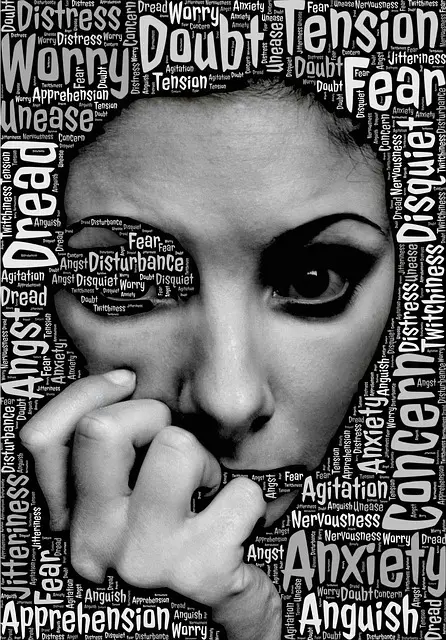Millions of people suffer from performance anxiety, commonly called “stage fright.”
Performance anxiety is anxiety produced in the heat of the moment.
Performance anxiety can be caused by a variety of things, but is most commonly caused by fear of performing poorly. This type of anxiety can be debilitating for many people, but there are ways to combat it.
When it comes to performance anxiety, there’s a lot of information to take in. You should always work on understanding what type of problem you’re dealing with.
Performance Anxiety is very treatable. However, many people just suffer from it, with all the limitations and negative emotions it imposes. Further down we will discuss how to deal with performance anxiety.
What Leads to Performance Anxiety?

Multiple factors are associated with the development of performance anxiety within the performing arts, such as:
- Gender: Specifically found that females monitored their performance more, had a greater response to stress, a heightened vulnerability, and low levels of emotional stability than males. Therefore, females may be affected by performance anxiety more because of their personality and emotional behavior differences.
- Emotional stability: An emotionally unstable person.
- Performance type (solo, duet, or group): Flow is linked to increased arousal with increased heart rate and breath rate which is similar to that of performance anxiety. When a performer experiences low or no flow they are more likely to suffer from performance anxiety.
- Audience size, flow, and personal characteristics: Fear of an evaluation of a performance by an audience.
- Confidence, optimism, age, ethnicity, experience, accomplishments, and personality are variables that affect one’s performance and can lead one to experience performance anxiety.
- Another characteristic that can be associated with performance anxiety is perfectionism.
- Perfectionism in elite opera artists has a higher stress level and an increase of social worry, which in return affects their ability to perform with the increase of self-doubt or the development of performance anxiety.
- Memorization can play a role in performance anxiety. Memorization can have a stressful effect on many performers and can lead to factors that can contribute to performance anxiety.
Also, the health of a performing artist can be hindered by performance anxiety.
10 Performance anxiety reduction techniques
1. Accept Your Fear

The more you face your phobia, the less power it will have over you.
When you’re feeling anxious to perform, that’s usually because it heightens your dedication and gets you more energized. Anxiety about performing can be a valuable ally that can help you create excellent material for your audience.
Right now you may think of it as fear of what you are unable to do.
Nervous tension may be the ingredient common to both situations, but in the first case it helps, and in the second, it hinders.
Increasing the number of performing experiences will help develop an understanding of what’s considered optimum tension.
Denying the way you feel is counterproductive at best, and could even make the problem worse.
2. Understand Your Fear

Fear either exists in the moment, as a rational response to danger or in your imagination and there is no other way.
It isn’t the problem. You may be scared or anxious because of what your mind is imagining. But the main problem is that your mind creates too many negative thoughts and ideas about the future.
Fear can be a crippling emotion that can cause stress, panic, anger and trigger poor decision-making. It is important to understand the psychology of fear so it can be managed in your life.
Ask your family and friends: what do they think about these topics? As they relate to you.
3. Silence Negative Inner Voices
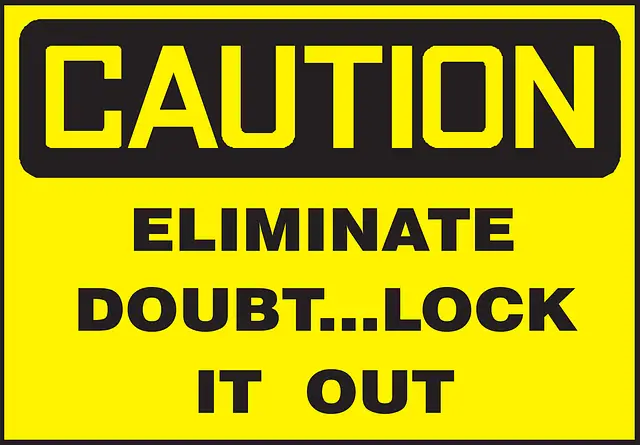
These can be responsible for performance anxiety: the judge, the doubter, and the timid soul. You must recognize these voices and silence them using whatever techniques work best.
Talkback to the voice, reassure it, comfort it, or tell it to “shut-up.” Switch your thoughts to something completely different.
You might be a perfectionist who is destroying your feelings of self-worth. If you let the judge and the perfectionist take over, then you are imposing impossible standards upon yourself that can ruin everything.
Don’t beat yourself up about the little things, instead focus on a few things that you can control and do them well. Eventually, it will lead to success.
Your body, mind and voice will work better if you don’t try so hard to be perfect.
4. Get Rid of Excuses
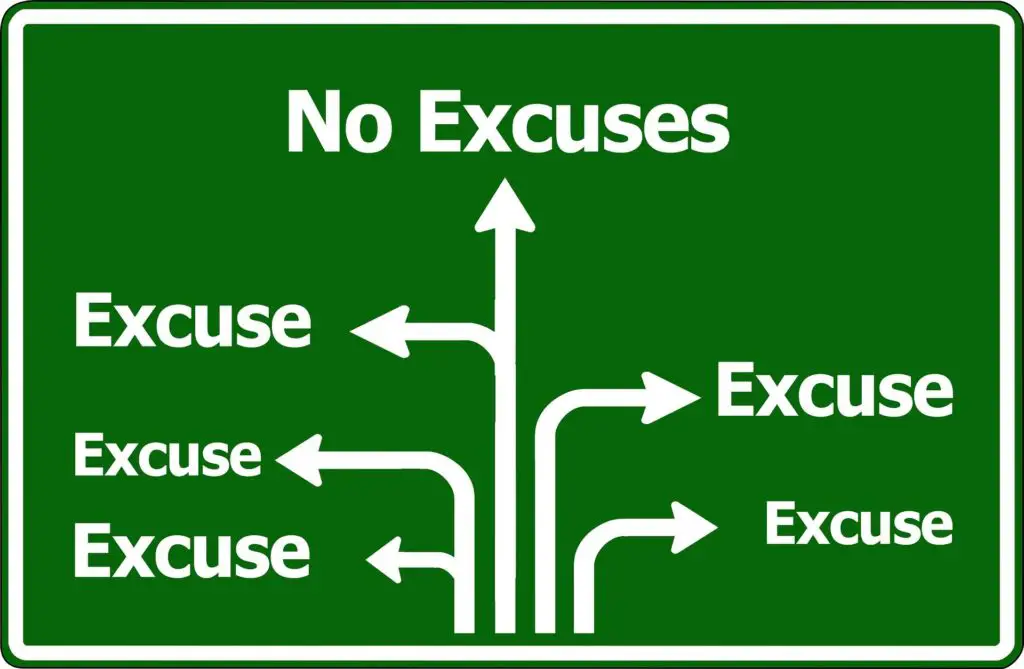
Stop making excuses and get to the task at hand. Feel the fear and do it anyway!
Excuses are another form of fear in hiding.
Write down the “if-only” excuses that you hope never come up in discussions with others. Think about when these excuses come up for you and when they may be used against you
The only person that will not forgive you if you have not done your best is yourself. You have to be the one to give yourself permission. NO EXCUSES !
5. Eliminate Self-Destructive Behavior
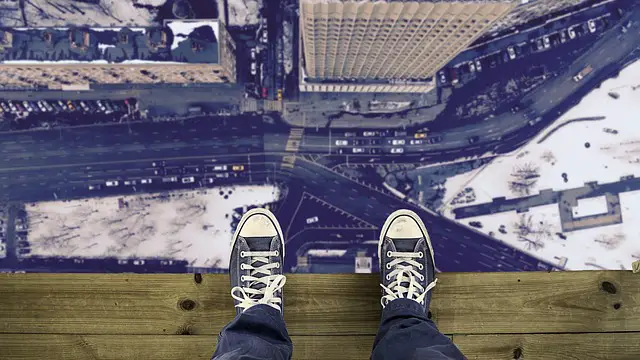
Your words are one of the most powerful tools. They guide you and teach you about yourself, they allow people in your life to know who you are and what you’re thinking.
Your words also have the power to motivate others, to guide them, to inspire them or even to change their minds about things.
Words can change your life for good or bad, so be careful with what you say because they have consequences.
But this is not the whole picture. Negative words also hold a lot of power. In fact, some research suggests that negativity can have a more profound effect on our performance than positivity. This means that the negativity in our minds is brings self destructive behavior.
6. Don’t Fear Criticism

Here is another treatment for performance anxiety.
It is important to learn to handle criticism, to dissect it, and incorporate the useful information while tossing the rest in the trash.
Despite its potential to cause trouble, criticism is a necessary part of life. The way to eliminate the fear of criticism is to take all of it as constructive feedback and have a thick skin.
A mindfulness key is a process that involves learning how fears, worries, doubts, and negative self-talk are generated and maintained in the mind and then engaging in practices that return your attention to the present moment.
In this state of “mindfulness” you can experience life more fully. and handle criticism effectively.
7. Don’t Be “Unsure”

When you find that you can do something better as a result of excellent preparation, your confidence will surge and it will be easier to maintain that level of excellence.
You can easily replace feelings of uncertainty based on underestimating your capabilities with feelings of confidence when you have a solid understanding of the work that you are doing and the knowledge that you have in your area. or in other words, you can replace feelings of uncertainty based on inexperience with feelings of confidence, based on experience.
Additionally, the singer must view the practice as a time for exploration and discovery.
It can be hard to stay ‘in the moment’ during a day of work, especially if there’s several stressful situations. But you don’t need to be perfect. Just try your best;
Enjoy the process. Remember, you are not defined by your performance.
8. Recall and prepare

Let me explain, Create a sense (image or feeling) of your best performance ever.
Choose a performance when everything seemed easy when you somehow knew that things were going to go your way.
Cement this memory into your consciousness.
Become so familiar with the feelings and sensations associated with your peak performance that the mere thought triggers your mind and body to return to that state of confidence.
This will also help with your performance anxiety.
9. Release physical tension
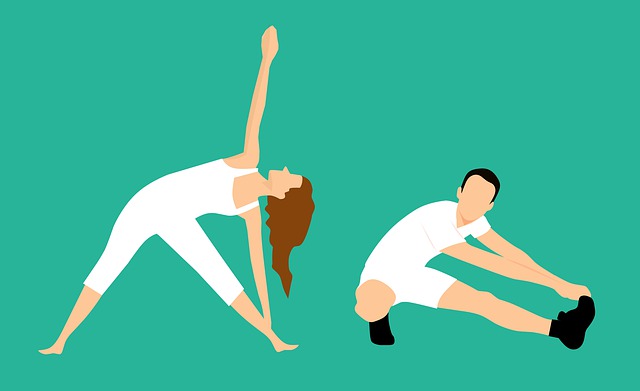
The purpose of relaxation techniques is to reestablish the balance between the sympathetic and parasympathetic components of the autonomic nervous system to reduce anxiety symptoms.
There are many ways that people can relax their muscles, but the most popular way is through deep breathing. When people take deep breaths, they are inhaling oxygen which boosts the body’s ability to produce endorphins. These endorphins are the brain’s natural way of relieving pain. Additionally, when people exhale, they are releasing toxins from their bodies which uplifts them mentally and reduces their stress levels.
If muscle tension is associated with anxiety, and you can identify muscle relaxation with freedom from tension, then training yourself to alternately tense and release major muscle groups will produce deep levels of physical and psychological relaxation.
Stand tall, breathe deeply, bend your knees slightly to avoid rigidity, and keep your shoulders slightly back and down.
Smile at the audience.
Practice these things daily.
10. Be generous

The more generous a performer can be when listening to other fine performances, the greater the ease reflected in his performances.
Establishing a generous attitude is important
Conclusion
Performance anxiety is a common phenomenon that can affect the way you think, feel, and act in different situations.
It can prevent you from doing what you enjoy and may have a negative effect on your work performance.
When the stress and perfection get to be too much, and the joy or flow is gone from performing, we as performers are left lost and anxious which can lead to performance anxiety.
Although it may be impossible to overcome performance anxiety, there are many things you can do, as outlined above to control your emotions and reduce anxiety.
The main point is that, no one is born a choker, people always have the ability to learn how to handle themselves in stressful situations.
Leave a comment with your opinion or any questions you may have below…

